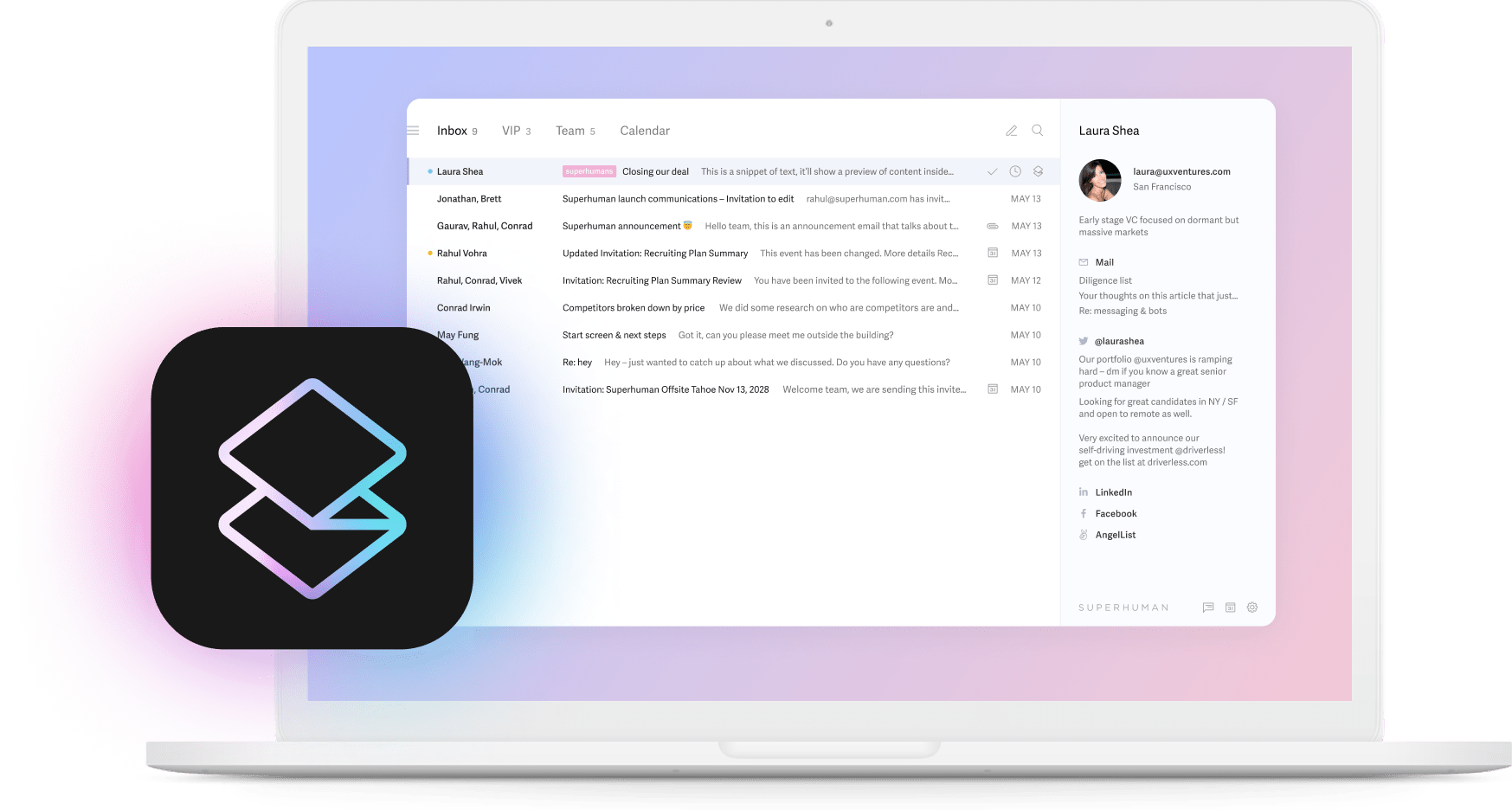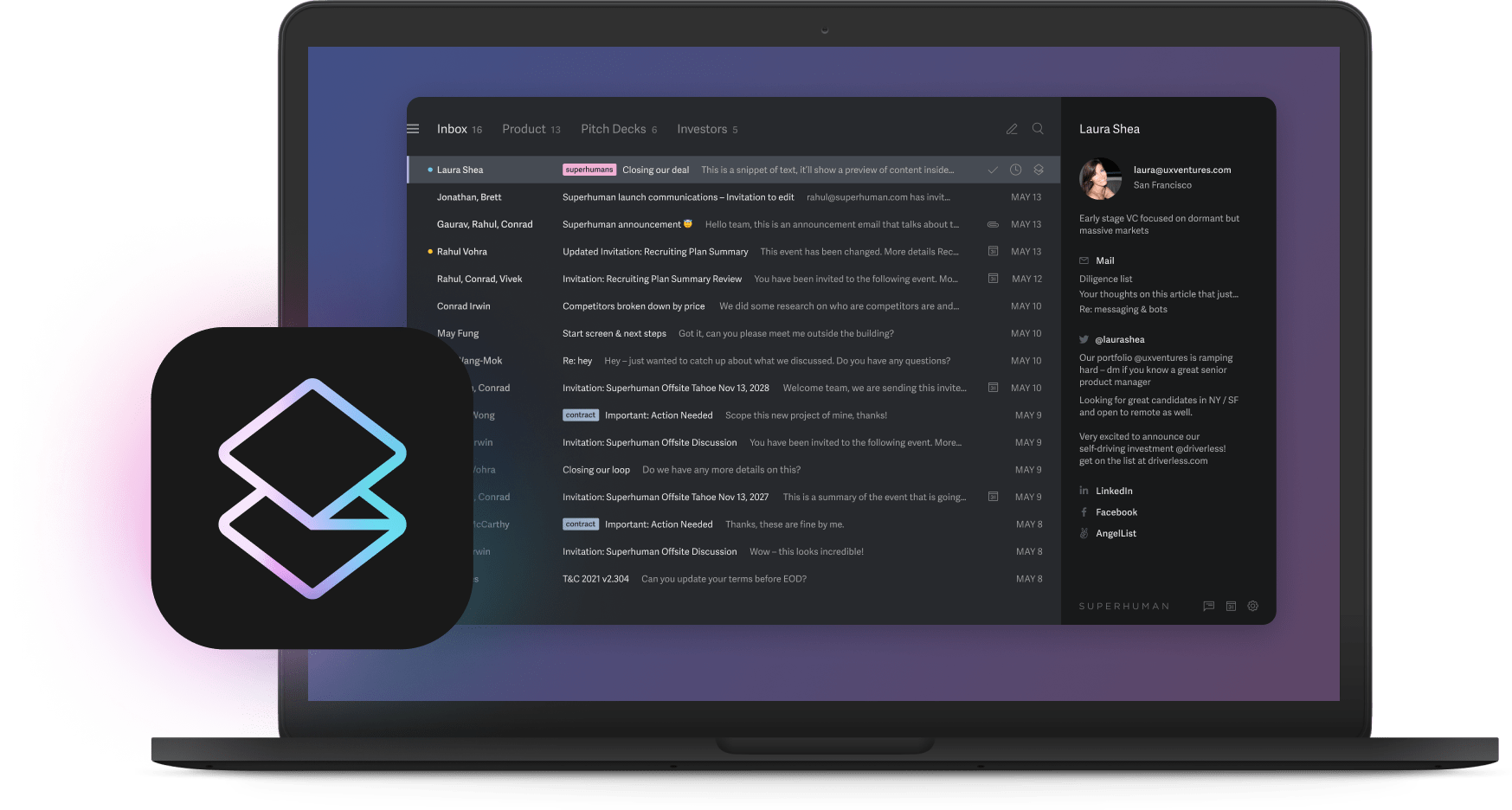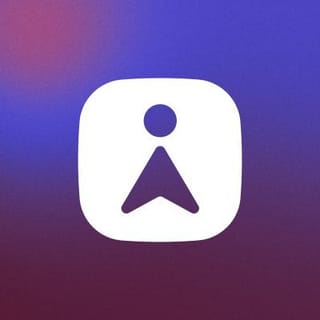
Imagine you have an AI assistant that doesn't just answer questions. It plans your day, handles your routine tasks, and coordinates with other AIs to solve complex problems while you focus on the big picture stuff that actually matters.
This already exists. Agentic AI workflows are happening right now at companies around the world. These are AI systems that work like really smart employees who never sleep, never get tired, and get better at their jobs every single day.
Here's what makes them different: regular automation follows scripts we write for it. Agentic AI writes its own scripts. It figures out what needs doing, makes a plan, executes that plan, and learns from what happened. Then it gets better next time.
Companies using these systems are seeing incredible results. Their teams respond to emails 12 hours faster. They handle twice as many customer requests. They save hours every week on boring, repetitive work. And the best part? People actually enjoy their jobs more because they get to focus on creative, strategic work instead of mindless busywork.
How do agentic AI workflows actually work?
Think of agentic AI like hiring the world's most organized assistant who also happens to be a computer genius.
Here's what happens behind the scenes:
Planning: The AI looks at a big goal and breaks it into smaller steps. Like planning a dinner party by figuring out the guest list, menu, shopping, cooking schedule, and cleanup order.
Tool use: It connects to whatever systems it needs. Email, databases, calendars, CRMs, APIs. Basically any software you use, it can probably talk to.
Learning from mistakes: After each task, it asks itself: "How did that go? What could I do better next time?" Then it actually remembers the answer.
Working with other AIs: Multiple AI agents can team up on complex projects. One handles research, another does writing, a third manages scheduling. They coordinate like a well-oiled team.
Here's a real example: A customer emails your support team about a billing problem. Within seconds, an AI agent reads the email, pulls up the customer's account history, checks your billing policies, drafts a personalized response, and either solves the problem or hands it to a human with all the context ready. Your support person doesn't waste time on detective work. They jump straight to helping the customer.
This happens while your team focuses on the work only humans can do: building relationships, making strategic decisions, solving novel problems, and creating new ideas.
Real examples from companies doing this right now
The coolest part about agentic AI? Companies are already using it to solve real problems, not just tech demos.
Customer service that actually works: Gartner thinks agentic AI will handle 80% of customer service by 2029. Instead of frustrated customers waiting on hold, they get instant, accurate help from AI that can actually solve their problems.
Supply chains that fix themselves: Companies like Walmart, DHL, and Maersk use agentic AI to run their supply chains. Walmart's AI watches inventory levels and reorders products before they run out. DHL's AI finds better delivery routes by learning from traffic patterns. Maersk's shipping routes adjust automatically to weather and port delays.
Marketing that predicts the future: Bayer figured out how to predict cold and flu outbreaks before they happen. Their AI combines search trends, weather data, and health information to know when people will need medicine. Then it adjusts their marketing and gets products to the right places ahead of time. Website traffic went up 2.6 times.
Cars that understand you: Mercedes-Benz built a virtual assistant that actually gets what you're saying. You can talk to your car like a friend, and it remembers your preferences, suggests routes based on your schedule, and even connects to your smart home.
Safety inspections in minutes, not weeks: AES had a problem. Their energy facilities needed safety audits that took 14 days and cost a fortune. Now their AI does the same audit in one hour, costs 99% less, and catches 20% more safety issues than humans missed.
What all these examples have in common: faster responses, fewer mistakes, systems that scale without hiring armies of people, and human workers who get to do more interesting, creative work.
The companies building the best agentic AI tools
Several companies are building platforms you can actually use today:
Relevance AI: Best for companies that need smart search and recommendations. Great developer tools if you want to customize everything.
Microsoft Autogen: Perfect if you already use Microsoft products. Multiple AI agents work together on complex tasks.
Cognosys: Handles complex decisions autonomously. Good for operations that need minimal human oversight.
CrewAI: Specializes in coordinating teams of AI agents. Think of it like a project manager for AIs.
IBM Watsonx Orchestrate: Built for big companies that need strict compliance and governance controls.
Adept AI: Actually operates software interfaces like a human would. It can click buttons, fill out forms, and navigate websites.
Microsoft Copilot: Adds agentic features right into the productivity apps you already use.
Choosing the right platform depends on a few things:
How much autonomy do you want? Some AIs ask permission for everything. Others make decisions independently.
What systems do you need it to connect to? Make sure it plays well with your existing software.
How much customization do you need? Some platforms work out of the box. Others let you build exactly what you want.
What are your compliance requirements? If you're in healthcare or finance, you need platforms built for strict regulations.
The best choice aligns with what you're trying to accomplish and how your team actually works.
Try SuperhumanHow to get started without screwing it up
Here's how smart companies approach agentic AI:
Find your best opportunities first
Look for processes that are:
- Repetitive but require some decision making
- High volume with predictable patterns
- Tasks where speed makes a real difference
- Work that requires pulling information from multiple systems
Pick the right platform for your situation
Consider:
- How big you want to start (one department vs. company-wide)
- What technical help you have available
- Which systems need to connect together
- Your security and compliance needs
Design your first workflows carefully
Start by:
- Writing down exactly how the process works today
- Identifying where decisions get made and what information is needed
- Setting clear success metrics
- Planning how humans will stay involved
Test everything before going live
Begin small:
- Try it in a safe environment first
- Measure what happens compared to your baseline
- Ask people using it what they think
- Adjust based on what you learn
Teams using AI automation tools save hours every week through smart workflow improvements. The key is focusing on specific, high-impact areas rather than trying to automate everything at once.
Smart companies also set clear rules upfront, implement good security, keep humans involved in important decisions, and continuously improve based on results.
What can go wrong and how to avoid it
Agentic AI is powerful, but you need to be smart about potential problems:
Your data could get exposed: These AIs need access to lots of information to work well. Make sure you have strict controls about what data they can see and strong security around how they handle it.
Black box decisions: As workflows become more autonomous, you might lose track of why certain decisions get made. Build in audit trails and require explanations for important choices.
People freaking out about change: Your team might worry about AI taking their jobs. Address this head-on by showing how AI handles boring work so they can focus on more interesting, valuable tasks.
Too much automation: Just because you can automate something doesn't mean you should. Keep humans in the loop for sensitive decisions and situations that require empathy or judgment.
Ethical problems: Set clear boundaries about what your AI agents can and cannot do. Make sure they align with your company values and social responsibilities.
Companies that think through these issues early save themselves major headaches later.
What's coming next
Agentic AI is evolving fast toward something even more powerful:
Better collaboration: Future AI will work alongside humans more naturally, understanding context and adapting to how each person prefers to work.
Smarter about context: These systems will understand your industry, company culture, and business environment much more deeply.
More adaptable: Next-generation agents will reconfigure themselves for new situations without needing reprogramming.
The productivity gains are already impressive. AI automation helps teams focus on high-impact work, with productivity jumping 66% when people use AI tools effectively.
Companies implementing agentic workflows now will have huge advantages in speed, efficiency, and the ability to attract top talent who want to work on interesting problems rather than repetitive tasks.
The competitive landscape increasingly rewards organizations that can deploy AI strategically across their core business functions.
The bottom line
Agentic AI represents a fundamental shift in how work gets done. Instead of AI being just another tool, these systems become true collaborators that handle routine work while amplifying human creativity and decision-making.
For teams drowning in email, struggling with slow decision processes, and spending too much time on coordination, agentic workflows offer a path to dramatically better performance.
The technology works today. Companies across industries are proving its value. The question isn't whether agentic AI will reshape how we work, but how quickly your organization will adapt.
The most successful implementations combine AI's computational power and consistency with human creativity, empathy, and strategic thinking. We're not headed toward human versus machine competition. We're building human and machine collaboration, where each contributes their unique strengths.
The future workplace amplifies what makes us human while letting AI handle the repetitive stuff that drains our energy and creativity.






